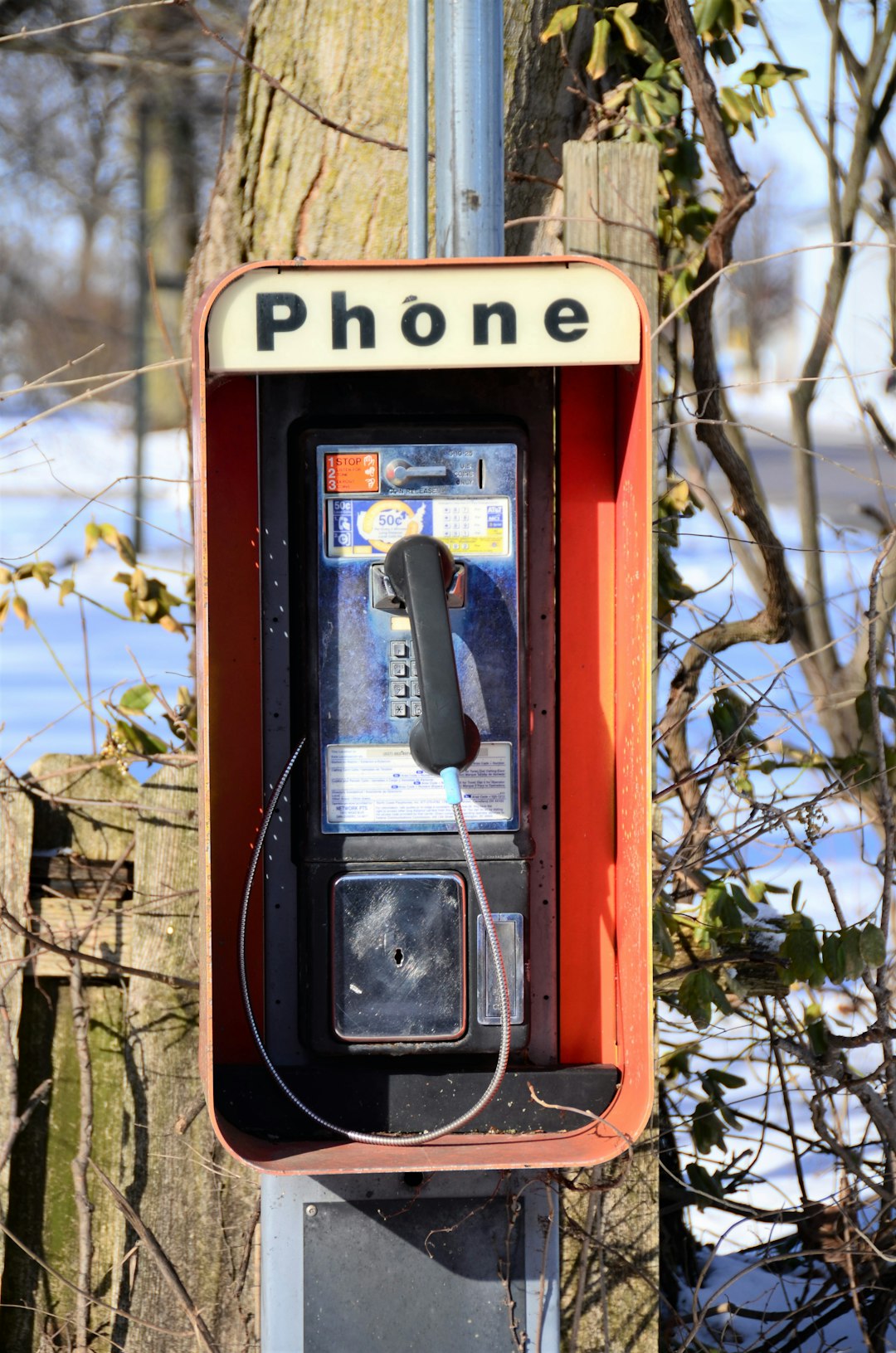Maine's strict Spam Call laws mandate that law firms prioritize resident privacy by prohibiting automated or prerecorded calls unless consent is obtained. To comply, firms must identify and categorize robocall apps, implement effective filters and blocking lists, integrate with trusted Do-Not-Call (DNC) registries, and foster user trust through opt-in/opt-out mechanisms. Regular data analysis, personalized messaging, and adherence to explicit consent requirements are crucial for successful, compliant robocall campaigns in Maine.
In Maine, strict spam call laws are in place to protect residents from unwanted robocalls. For law firms, navigating these regulations is essential to maintaining client relations and avoiding legal repercussions. This article guides you through configuring robocall apps for Maine numbers, covering understanding local Spam Call Laws, identifying robocall apps, setting filters, ensuring Do-Not-Call list compliance, and best practices for monitoring your strategy to foster effective communication while adhering to legal constraints.
Understanding Maine's Spam Call Laws and Their Impact on Law Firms

Maine has some of the strictest spam call laws in the country, which significantly impact law firms engaging in telemarketing or using automated dialing systems. The state’s laws protect residents from unwanted and fraudulent calls, ensuring their privacy and peace of mind. For law firms, this means adhering to stringent guidelines when making outbound calls. Failure to comply can result in substantial fines, damaging the firm’s reputation and financial health.
Understanding these regulations is crucial for any Maine-based law firm considering robocall apps. The laws prohibit automated or prerecorded calls unless the caller has an established business relationship with the recipient or obtains explicit consent. This is where the challenge lies, as firms must carefully navigate how they obtain and document consent to avoid accidentally violating the spam call laws.
Identifying and Categorizing Robocall Apps for Effective Management

Identifying and categorizing robocall apps is a crucial step in effective management, especially under Maine’s stringent Spam Call laws. With the rise of automated calls, many consumers have fallen victim to unwanted and disturbing phone spam. To combat this, it’s essential to understand where these calls originate and how they are delivered.
Robocall apps can be identified by their behavior patterns and the types of numbers they target. Many spammers use virtual phone systems or call routing services that make it hard to trace the exact source. Categorizing these apps involves analyzing call data, including the frequency of calls, the time of day they occur, and the specific areas or numbers they target. By identifying patterns, users can better understand the strategies employed by robocallers and take proactive measures to protect themselves under Maine’s anti-spam legislation.
Setting Up Filters and Blocking Lists for Maine Numbers

In order to effectively manage and mitigate robocalls targeting Maine residents, setting up filters and blocking lists is a crucial step. Many robocall apps offer features that allow users to create custom blocklists by manually entering specific phone numbers or using pre-existing databases of known spam call sources. By integrating these tools with your preferred communication app, you can automatically filter out unwanted calls from spammers and telemarketers, ensuring a quieter and safer experience for you and your clients at your Maine law firm.
For added protection under the Spam Call laws in Maine, it’s important to regularly update your blocking lists. These laws not only protect consumers but also establish guidelines for businesses conducting legitimate calls. By proactively managing your robocall filters, your Maine law firm can demonstrate compliance with these regulations and enhance client trust, fostering a positive reputation in an increasingly regulated communication landscape.
Implementing Do-Not-Call List Compliance in Robocall Applications

To ensure compliance with Maine’s Spam Call laws, implementing a robust Do-Not-Call List (DNC) within your robocall application is non-negotiable. This involves integrating a reliable DNC list provider who can offer real-time updates and accurate data to prevent unwanted calls to numbers that have opted out. Regularly syncing with the official Maine DNC registry is crucial for maintaining compliance; this ensures that any number added to the state’s do-not-call list is instantly blocked within your application.
Beyond list management, your robocall app should include features allowing subscribers to easily register or update their preferences regarding automated calls. This can be achieved through opt-in/opt-out mechanisms during initial interactions and providing a straightforward way for recipients to remove themselves from future calls. Such practices not only foster trust but also help maintain the integrity of your call list, further reinforcing compliance with Maine’s Spam Call regulations.
Best Practices for Monitoring and Adjusting Your Robocall Strategy

Implementing a robocall strategy for your business in Maine requires careful monitoring and adjustments to ensure compliance with the state’s Spam Call laws and effective communication with your target audience. Regularly reviewing call data is crucial; track caller IDs, call volumes, and recipient feedback to identify trends and potential issues. By analyzing these metrics, you can quickly adapt your approach, ensuring that your robocalls are not only legal but also tailored to the preferences of your Maine customers.
Adjusting your strategy involves refining call timing, personalizing messages, and diversifying communication channels. Respecting local regulations is non-negotiable; ensure you have explicit consent from recipients and provide a clear opt-out option in every call. Additionally, integrating feedback loops allows you to gauge customer satisfaction and make data-driven decisions, enhancing the overall effectiveness of your robocall campaigns while maintaining compliance with Maine’s Spam Call laws.






